You've probably heard the conventional wisdom: to be a captivating public speaker, you need a grand epic tale, you should steer clear of personal anecdotes, and you must pack your speech with a wealth of knowledge. But let's face it, following these rules can lead to forgettable presentations that lack authenticity and connection with your audience.
It's time to challenge these beliefs head-on and discover a new path to becoming an unforgettable speaker.
Limiting Belief 1: Epic Tales Are Essential for Captivating Audiences
Many believe that only grandiose, larger-than-life stories can truly captivate an audience. But have you ever considered how this belief limits the stories you share and the connections you form?
Why do we assume that only extraordinary experiences are worth sharing? Isn't everyday life full of valuable lessons and insights?
- “I haven't done anything remarkable enough to share with an audience.”
- “Audiences won't find my ordinary experiences interesting.”
- “Only extraordinary stories have the power to inspire.”
But this belief is far from the truth. Authenticity and relatability often resonate more deeply with audiences than extravagant tales. Instead of chasing the extraordinary, embrace the power of the ordinary.
So, here's a challenge: Next time you prepare a speech, focus on sharing a personal anecdote from your everyday life. Notice how your audience responds to the authenticity and relatability of your story.
Consider this: Brené Brown, a renowned speaker, often shares vulnerable, everyday experiences in her talks, resonating deeply with millions worldwide. Could it be that authenticity is the true key to captivating audiences?
The answer is a resounding yes. Authenticity breeds connection, and connection is what keeps audiences engaged and inspired.
Rest assured, your everyday experiences hold immense value and have the potential to leave a lasting impact on your audience.
Limiting Belief 2: Expertise Requires a Vast Repository of Knowledge
Contrary to popular belief, expertise is not a static destination reached through the accumulation of endless knowledge. Rather, it's a journey of continuous growth and learning, marked by humility and openness to new experiences.
Expertise isn't about knowing everything; it's about being willing to learn something new every day.
- “I must possess an extensive knowledge base to be considered an expert.”
- “Once I reach a certain level of knowledge, I'll have achieved expertise.”
- “Expertise is reserved for those with years of experience and education.”
But true expertise is a lifelong pursuit, not a final destination. Consider the evolution of your knowledge and skills over time:
- Beginner: Embrace curiosity and exploration.
- Intermediate: Cultivate expertise through practice and mentorship.
- Advanced: Share knowledge generously and continue learning from others.
- Expert: Recognize that expertise is a journey, not a destination.
Reflect on your own journey. Have you not grown and evolved, accumulating wisdom and experience along the way?
Take inspiration from individuals like Marie Curie, who revolutionized science not by knowing everything but by being open to discovery and learning throughout her life.
Embrace the journey of expertise, knowing that each step forward, no matter how small, brings you closer to mastery.
Limiting Belief 3: Teaching Requires Imparting Profound Wisdom
The misconception that teaching necessitates imparting profound wisdom overlooks the power of simplicity and personal connection in effective communication. Teaching is not about showcasing your intellect; it's about empowering others to learn and grow.
Teaching is not about showcasing your intellect; it's about fostering understanding and connection.
- “I must dazzle my audience with complex concepts to be an effective teacher.”
- “Simplicity equates to a lack of depth or expertise.”
- “My value as a teacher is measured by the complexity of the ideas I present.”
But effective teaching lies in clarity, empathy, and relatability, not complexity. Consider the parallels between teaching and storytelling:
- Clarity: Communicate ideas in a way that everyone can understand.
- Empathy: Connect with your audience on an emotional level.
- Relatability: Share personal anecdotes to illustrate key points.
When you focus on clarity and connection, your teaching becomes more impactful, regardless of the complexity of the subject matter.
Take a cue from Fred Rogers, whose simple yet profound messages touched the hearts of millions. He understood that true teaching is about forging genuine connections with your audience, one person at a time.
So, the next time you step onto the stage, remember: simplicity is not a sign of weakness but a hallmark of effective communication.
Now, armed with the knowledge that epic tales aren't essential, expertise is a journey, and teaching is about connection, go forth and captivate your audience with authenticity, humility, and clarity. You have everything you need to shine brightly on stage and leave a lasting impression on your audience.
My approach is all about transforming your relationship with your voice, body, and story. It's one thing to write about it - it's another to take a breath and speak the words out loud.
Ready for your close-up?
You don’t need a speaking coach, a formula, or to follow someone else’s steps. You need feedback about how the audience experiences your ideas, your presence, your story, and your speech.
That’s what a keynote director does.


Browse by category
In the world of performance, the director gives “notes” which include specific, actionable tips for the performers.
Musings and dispatches about creativity, storytelling, and finding more meaning as a public speaker.
A podcast with storytellers, public speakers, and performers about the art and science of saying something.




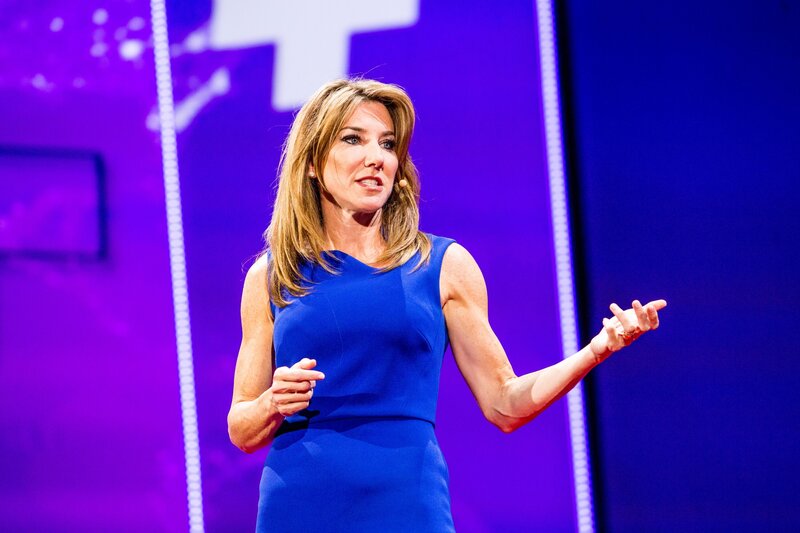



"Mike helped me create the signature keynote I'd been dreaming of giving. He was so skillful, artful, creative in helping me create a #mikedropmoment."




“He should have charged me 5x as much because the VALUE I received was so astounding!”
“Working with Mike made me more compelling, more motivational, more relatable, and more myself”
WORD ON THE STREET
— Erin King, Bestselling Author & Top-Ranked Keynote Speaker
— Tiffany Lanier, Change and wellbeing keynote speaker
— Laura Gassner Otting, bestselling author and TEDx speaker
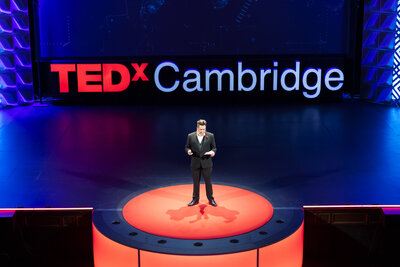

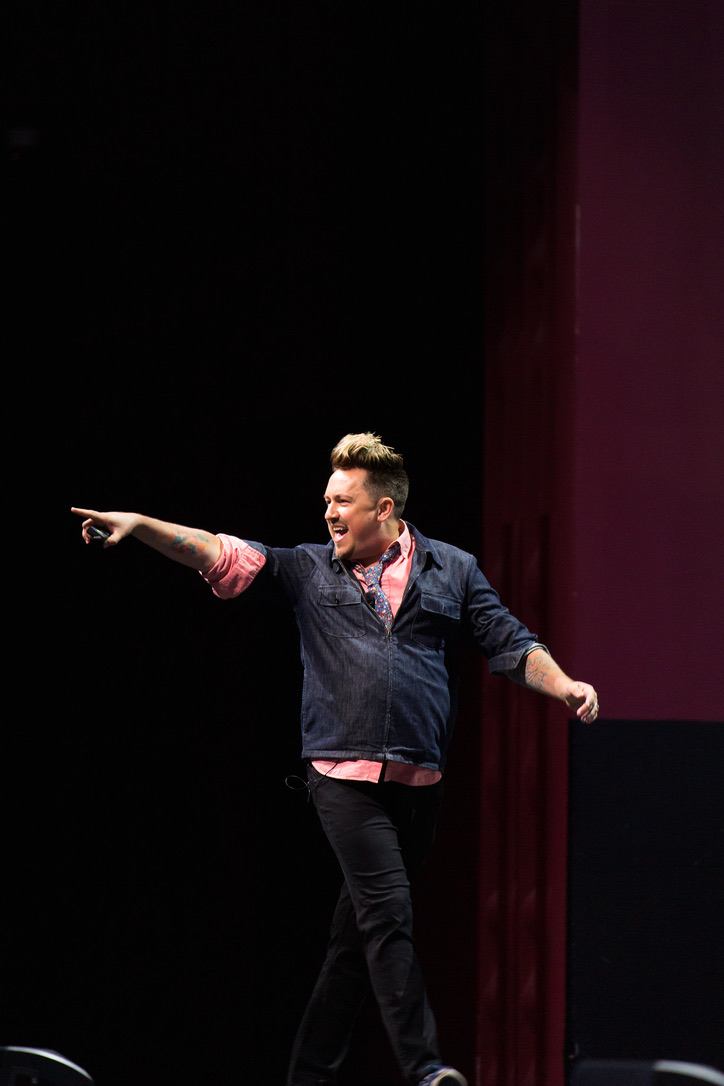

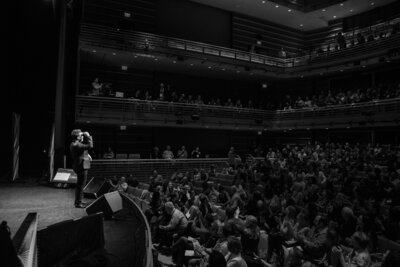

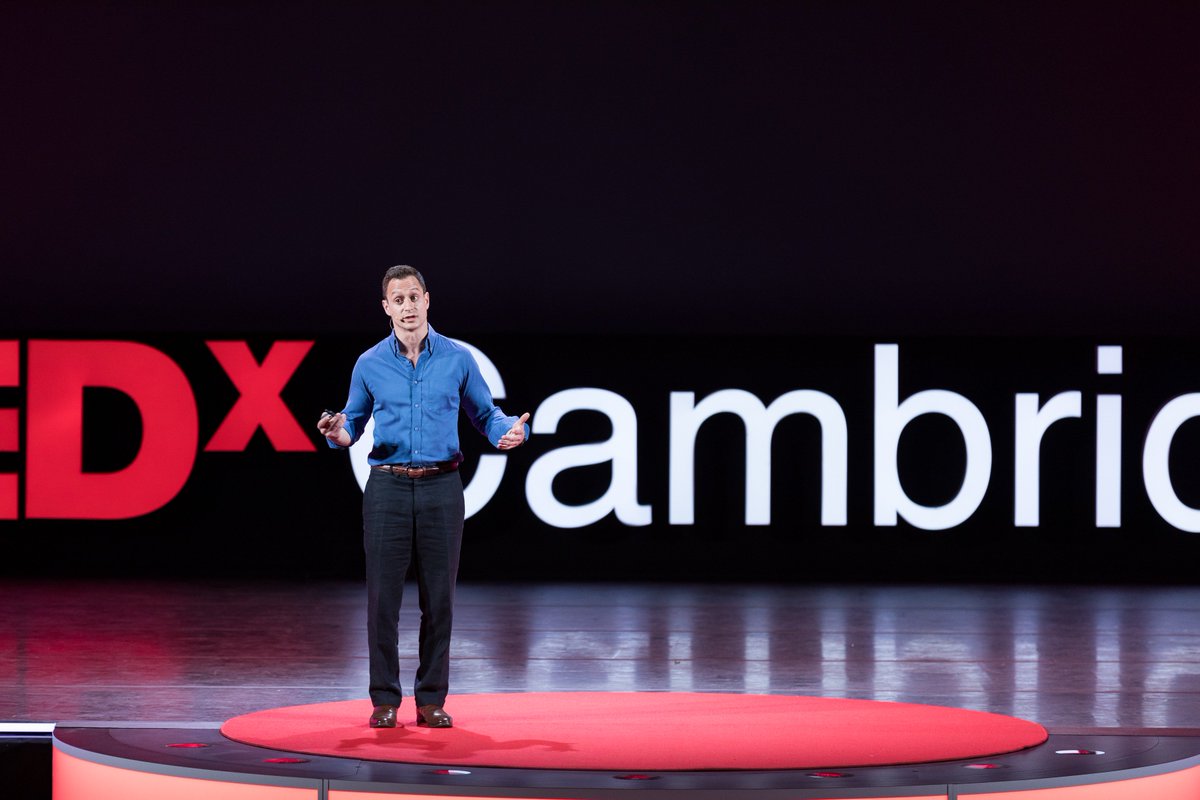
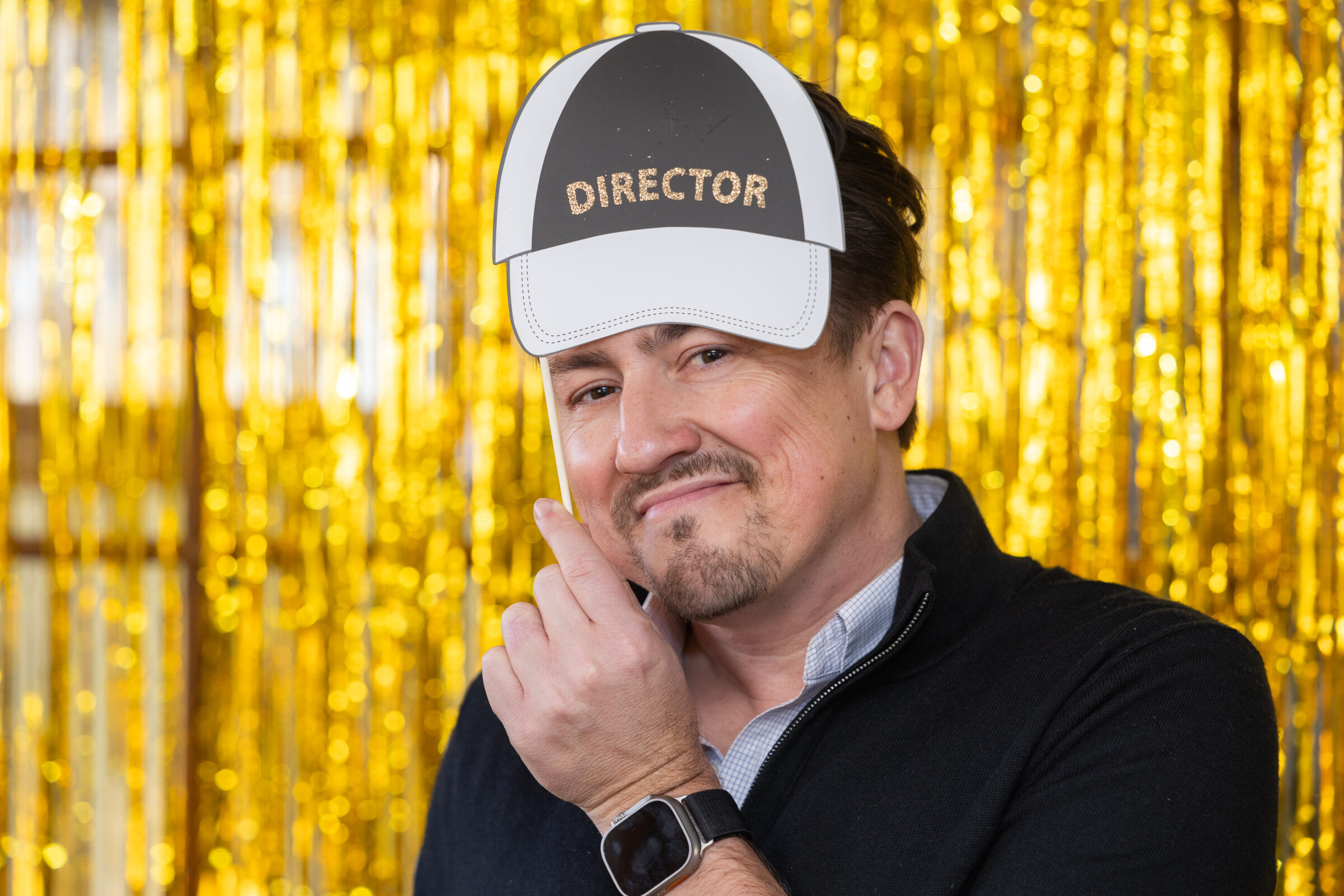
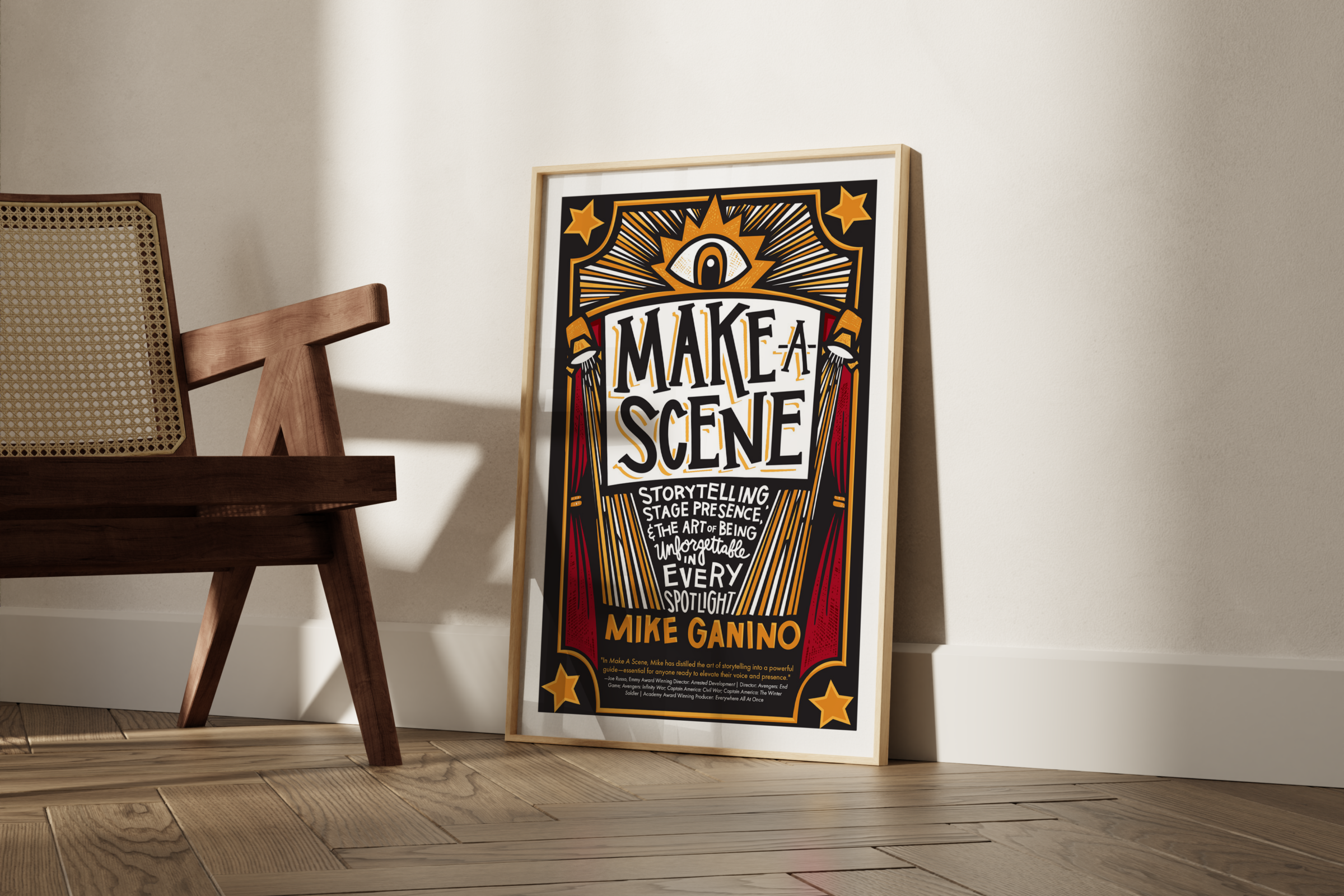
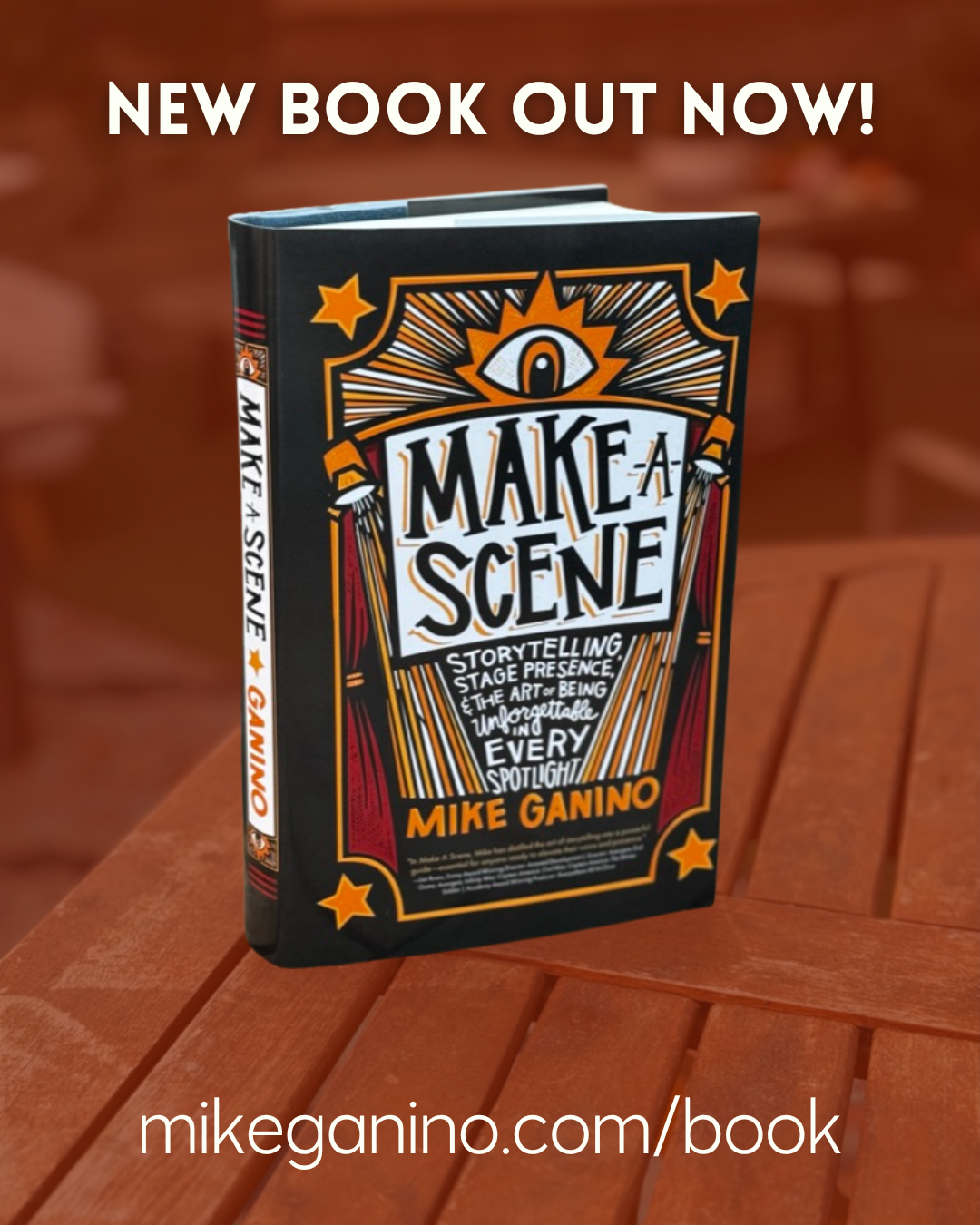
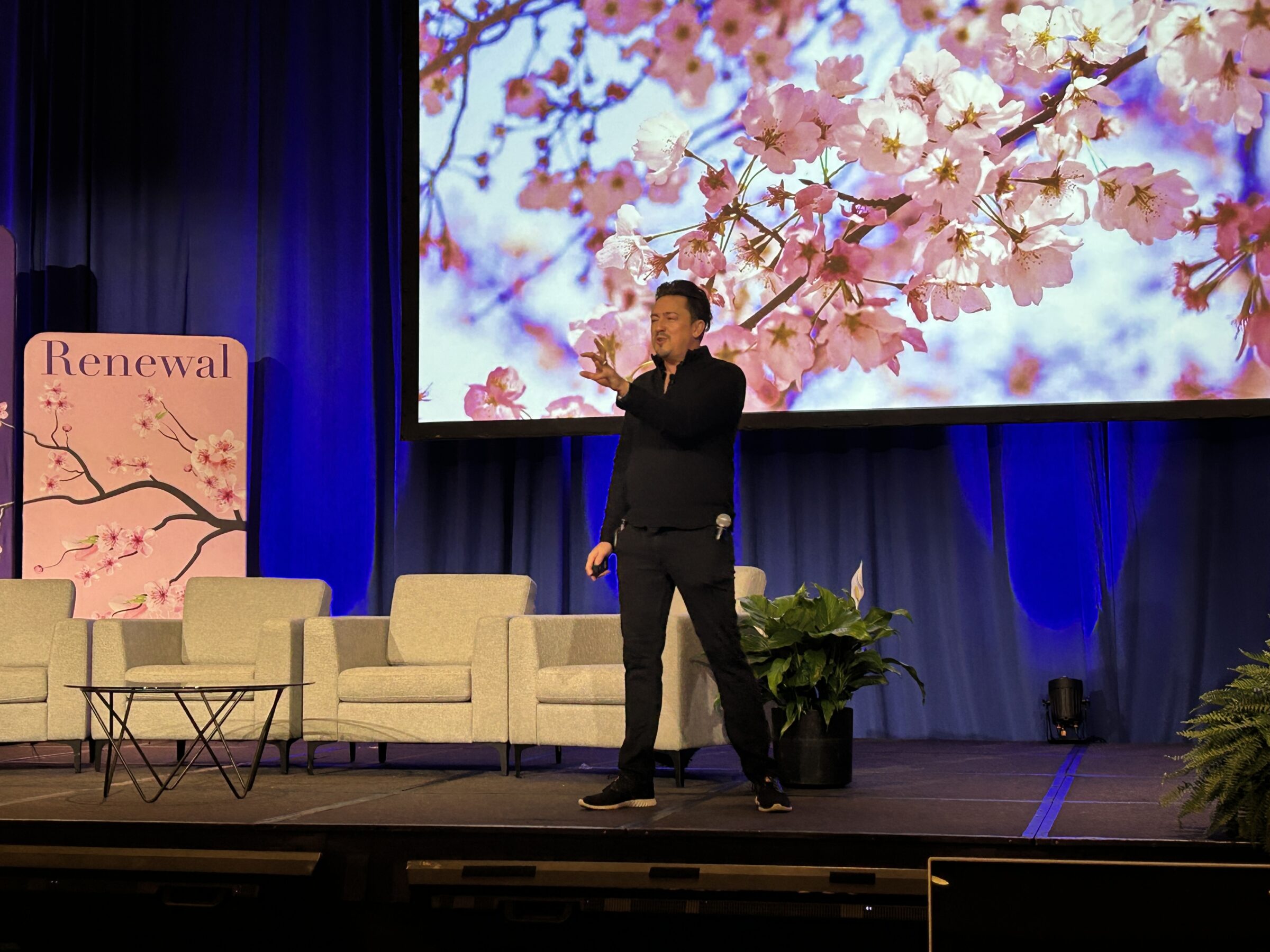



+ Show / Hide Comments
Share to: